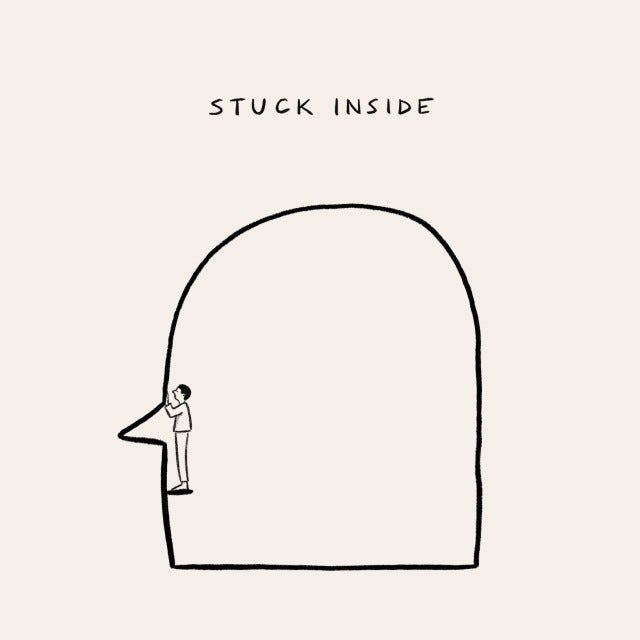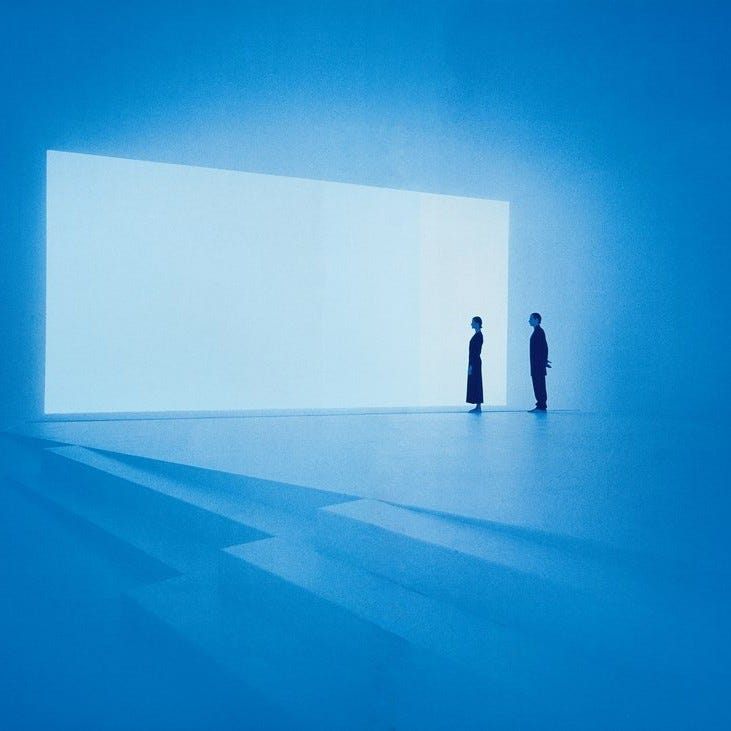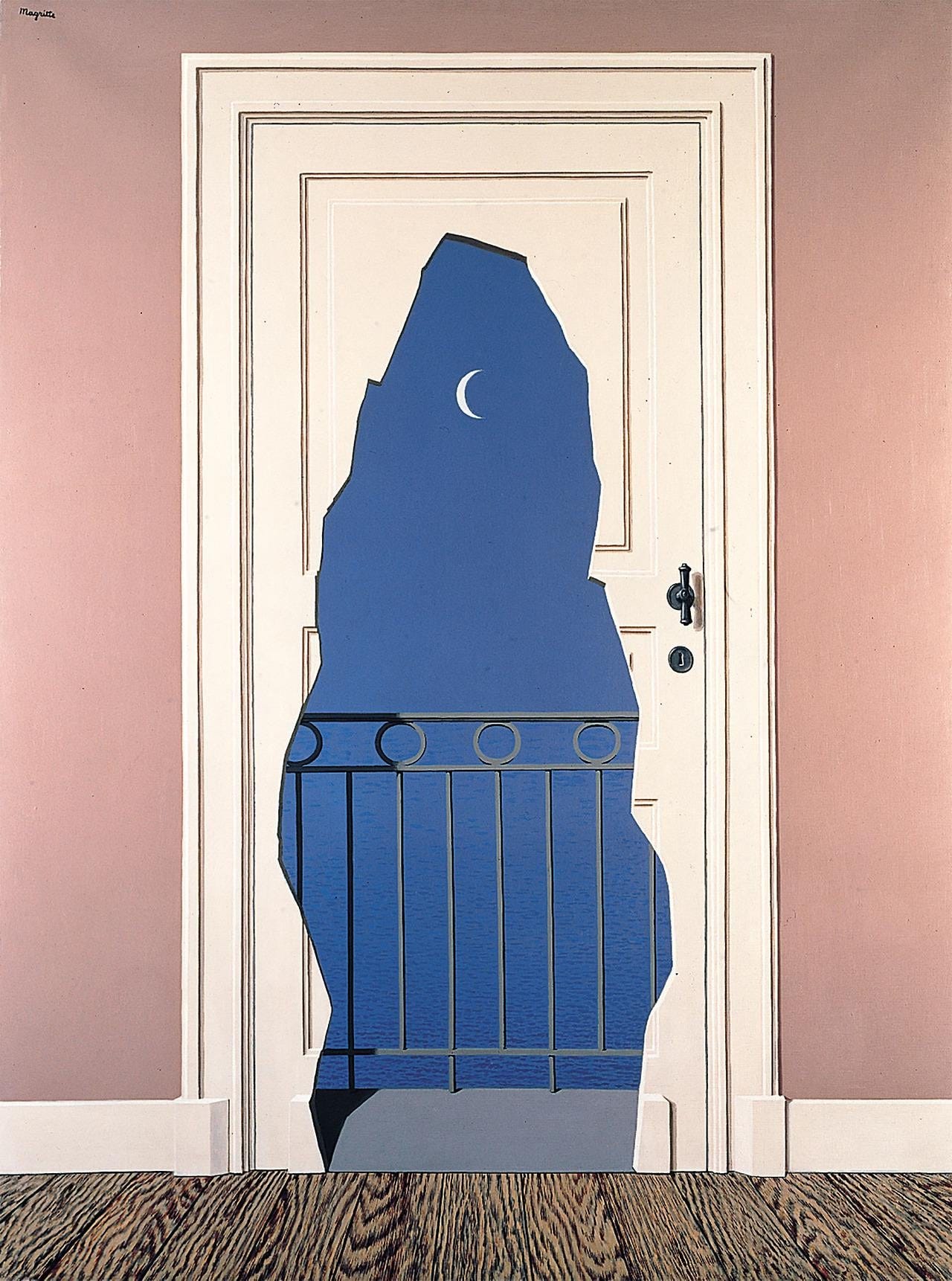How do we break free from the illusion of the impossible?
Imagination as resistance: why we struggle to dream of a different world
Have you ever stopped to wonder why it seems easier to imagine the end of the world than the radical transformation of our society?
It’s as if we are caught in a collective spell—a mental barrier that prevents us from seeing beyond our current reality.
An intricate web of systems constrains our collective imagination: patriarchal structures, colonial legacies, extractivist logics, and systemic oppressions so deeply normalized that we struggle to envision genuine alternatives.
Our perceptions have been colonized—by interwoven power structures that shape how we think, dream, and understand what is possible.
The Illusion of the Inevitable
Systems of domination—whether capitalist, patriarchal, colonial, or ecologically destructive—share a common strategy: making themselves appear natural, eternal, and unchangeable.
They whisper constantly:
“This is just the way things are.”
“This is all that’s possible.”
But that’s a lie.
Critical thinkers and philosophers have long recognized this psychological mechanism.
Michel Foucault and Antonio Gramsci, for instance, revealed how power operates: Foucault through social control mechanisms and Gramsci through the concept of hegemony, which explains how power is maintained not through force, but through the consent of the oppressed.
Philosopher Slavoj Žižek and literary critic Fredric Jameson famously said, “It is easier to imagine the end of the world than the end of capitalism.”
Later, Mark Fisher coined the term capitalist realism to describe how economic systems are internalized so deeply that we can’t even conceive of alternatives. But this concept extends beyond economics—it includes every oppressive structure that limits human potential.
The Many Layers of Domination
We live entangled in systems that reinforce one another:
Capitalism, which turns life into a commodity
Patriarchy, which ranks and controls bodies
Colonialism, which dispossesses and erases
Extractivism, which destroys ecosystems
Racialized structures, which segregate and oppress
Each of these systems operates with the same fundamental strategy: convincing us they are natural, inevitable, and permanent.
Their mechanisms are subtle:
Media that oversimplifies complexity
Educational systems that normalize the status quo
Work structures that drain our life energy
Cultural narratives that discourage radical thought
Perhaps the most disturbing aspect of these systems is their ability to regulate themselves through internalized social control. They don’t require constant external enforcement because people become the enforcers of their own repression!
Society itself polices those who dare to step outside established limits. Those who think differently are quickly labeled "unrealistic," "radical," or "misfit."
This self-censorship is so deeply ingrained that people begin to regulate their own desires, thoughts, and aspirations… discarding any possibility of radical transformation before it even emerges.
But history teaches us that no system lasts forever.
Feudalism once seemed unbreakable—until it wasn’t. Empires have fallen, religions have evolved, worldviews have been radically transformed.
So why do we struggle to imagine a world beyond what we have now?
The Power of Radical Imagination
Our deepest desires have been hijacked, formatted, manipulated. What we think we want is often a manufactured product of oppressive systems: consumerism, individualism, competition, fragmentation.
But beneath that colonized surface, a sea of genuine longing waits to be recognized.
For instance, advertising sells us the idea of individual success, yet our hearts long for networks of mutual care, for communities that hold us in our full complexity.
Capitalism reduces us to pieces in a machine; yet we yearn to create, to contribute, to feel part of something greater. We seek purpose beyond consumption and accumulation.
I think of Ernst Bloch’s concept of the not-yet: the latent possibilities waiting on the margins, ready to be recognized and activated. This isn’t just about economic transformation—it’s about reimagining entire ways of being: how we relate to one another, to our environment, to knowledge, to time itself.
Imagination isn’t escapism. It is, as Bloch said, an act of transformation. There’s something profoundly mystical about this practice: imagining what does not yet exist, planting the seeds of what is to come.
In medieval alchemy, the nigredo stage was the dissolution into darkness necessary before any profound transformation. Before we build, we must deconstruct. Before we create, we must unbind.
Perhaps we, too, need to dissolve our certainties about what is possible or realistic in order to allow new social forms to emerge.
𖤓
The only thing stopping us is our permission to begin.
𖤓
To imagine the impossible is, in itself, an act of resistance—an opening in the walls of what we’ve been told is inevitable.
Reclaiming the Future: Between Dystopia and Utopia
For too long, the future has been colonized by either superficial tech-utopias or apocalyptic dystopias. Both narratives share a common trait: they position us as passive spectators, helpless before forces beyond our collective control.
Re-enchanting the future begins with reclaiming our agency as co-creators of what is to come.
We need practices that allow us to feel the possibilities that live at the edges of what exists; strategies to expand the possible:
Denaturalization
The first tool is estrangement—seeing the familiar as if we were visitors from another planet. Imagine explaining our economic system to someone who has never encountered it before:
→ A system where a few hold extreme wealth while millions live in precarity
→ Where the destruction of ecosystems is called progress
→ Where a human’s worth is measured by their productivity
Suddenly, what we consider normal is revealed as deeply absurd.Archaeologies of the Future
We must become archaeologists of unrealized possibilities—designing, creating, and writing alternative worlds that challenge our current understanding of what is possible. Not as predictions, but as expansions.
Adrienne Maree Brown, in her concept of science fiction as social justice practice, argues that imagining radically different futures is the first step in making them real. Simply crafting stories where cooperation triumphs over competition, where societies function without exploitation, where nature is seen as kin rather than resource—these narratives carve cracks in the wall of capitalist realism.Language Shapes Reality
The way we speak shapes the world. Our current language is saturated with metaphors and conepts that reinforce systems of domination. Let’s change how we name the world.
For example, shifting from "natural resources" (which carries an economic and extractivist connotation) to "living systems."Parallel Presents
Instead of speculating about distant futures, let’s design slightly altered versions of the present. What would the world look like if, instead of this, it was that?
Decolonizing Thought
Utopian projection is not about designing perfect societies but about setting directionality—vectors of transformation that guide our collective efforts. Utopia is the horizon.
To move toward it, we must:
Recognize the political economy of imagination
Understand how dominant narratives limit our conception of what is possible
Develop practices that expand collective imagination
Value traditionally marginalized knowledge
Acknowledge the diversity of ways of understanding the world
Change does not happen spontaneously; it requires anticipatory consciousness, a gaze that detects the utopian surpluses within our present reality. These surpluses are everywhere: in community movements experimenting with alternative ways of life, in solidarity economies, in mutual aid networks, in ecological regeneration that flourishes amidst collapse.
This is the heart of prefiguration: not waiting for the future to arrive, but living it in the present.
Anarchist, ecofeminist, and Indigenous movements have historically practiced this strategy: Zapatista autonomy, territories in resistance, libertarian communes. They do not wait for the world to change; they embody it in the now.
The ability to imagine radical alternatives also requires deep inner work. We must decolonize not only our institutions but also our minds and hearts.
As Audre Lorde said,
“The master's tools will never dismantle the master's house.”
We need to cultivate ways of thinking and sensing that escape the dominant logic.
The Transmutation of Reality
There is an ancient Hermetic principle: "As above, so below; as within, so without." It suggests a correspondence between different planes of existence, between the mental and the material. Without falling into a simplistic or new-age interpretation, we can recognize truth in this idea: the mental structures we operate with also shape the material structures we build.
Capitalism began as an idea before materializing into institutions, practices, and social relations. Similarly, any alternative must first germinate in the fertile ground of collective imagination before manifesting in the material world.
This process of transmuting the imagined into the real is neither instant nor magical—it requires sustained effort, political organization, practical experimentation, and constant adjustments. But it invariably begins with an act of radical imagination that challenges the limits of what is possible.
The Call
In any course or space where I speak about future thinking, prefiguration, or related topics, there is always someone who raises their hand and asks:
"So, what’s the solution? Which system do you prefer?"
It’s a recurring question, but also a revealing one. Sometimes it arises as a challenge, almost as if the system itself were speaking through the person, defending its own permanence.
Other times, it is a sign of exhaustion: the weight of the climate crisis, structural injustice, and the pace of contemporary life can make seeking answers feel easier than holding space for questions. Uncertainty is experienced as a burden rather than as fertile ground for possibility.
But this question also contains a trap:
We have been taught to think that change depends on a single, definitive answer, a new system that will replace the old one with a clear instruction manual. Modernity trained us in the promise of structured utopias but also in the disillusionment of watching them collapse.
My answer to that question is not an evasion but an invitation: imagining futures is not an act of consumption but of creation. It is not a matter of optimization but of exploration.
Of course, I have ideas, of course, I imagine possibilities, but there is no single correct future. Each context, each community, each person will have their own vision. I do not seek to offer a ready-made model to be applied but rather to build collectively.
When we ask for "the solution," we reduce the problem to something technical, when in reality we are dealing with what Donna Haraway would call tentacular thinking—multiple intertwined, interdependent threads, impossible to resolve with a single move.
If we are frustrated by the lack of immediate answers, perhaps it is because we are used to others thinking for us. But the future cannot be designed solely by experts, nor by those who present themselves as prophets with pre-packaged solutions.
If we truly want to imagine another way of living, we need to change not only the content of our ideas but the way we think.
If we accept that the contemporary crisis is also a crisis of imagination, then revitalizing our collective capacity to imagine becomes an ethical and political imperative. There is no single future written, and that, far from being a problem, is the greatest opportunity we have.
We cannot build what we cannot imagine.
What futures inhabit the margins of your imagination, waiting to be named?
What restrictions limit your ability to conceive radical alternatives?
What personal and collective practices could you cultivate to expand your horizon of possibility?
I believe that reclaiming the future as an open and participatory space is one of the most revolutionary acts of our time. Not as a predetermined destiny or an inevitable catastrophe but as a collective canvas of possibilities.
Before transforming structures, we must dare to feel that transformation is possible.
Let’s break the spell; let’s imagine again.
𖤓
I walk two steps, she moves two steps away, and the horizon shifts ten steps further. So, what is the use of utopia? It is for that—for walking.
—Eduardo Galeano
𖤓






i can't explain to you how timely this piece felt! i've been thinking a lot about how firmly the movement for climate change has advocated for storytelling as a tool for resistance, how it requires a conscious estrangement from everything we know about protest, action, and advocacy and instead compels us to imagine and embody. i've not been able to put those thoughts and feelings into words up until now! thank you so much for this incredibly important essay and for giving me the language to understand our possibilities better! i will absolutely be revisiting it! <3